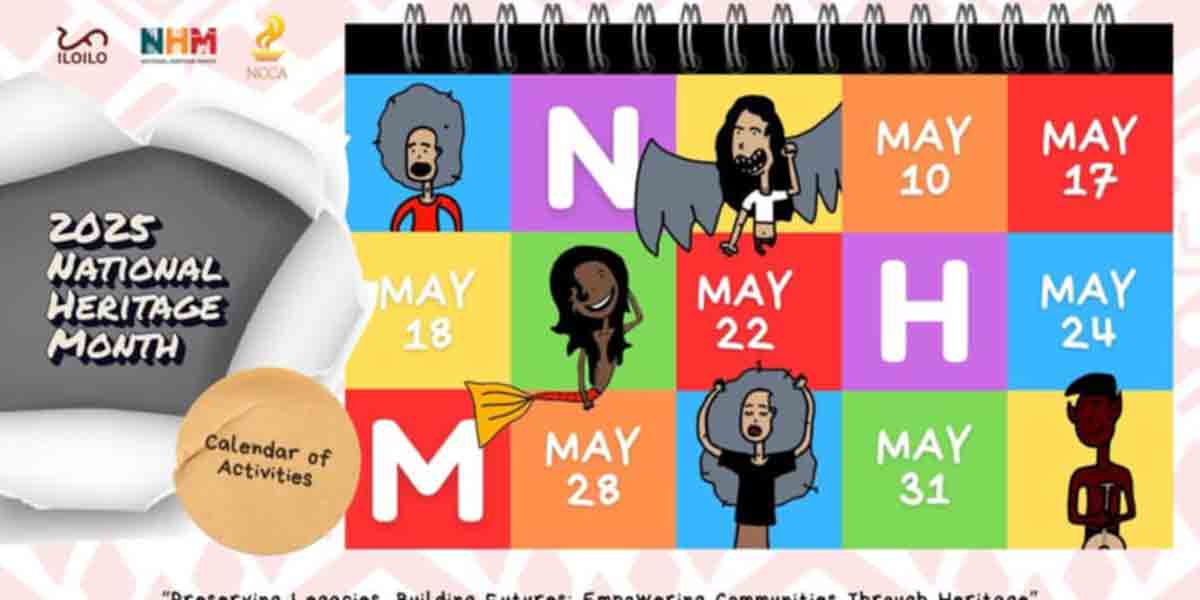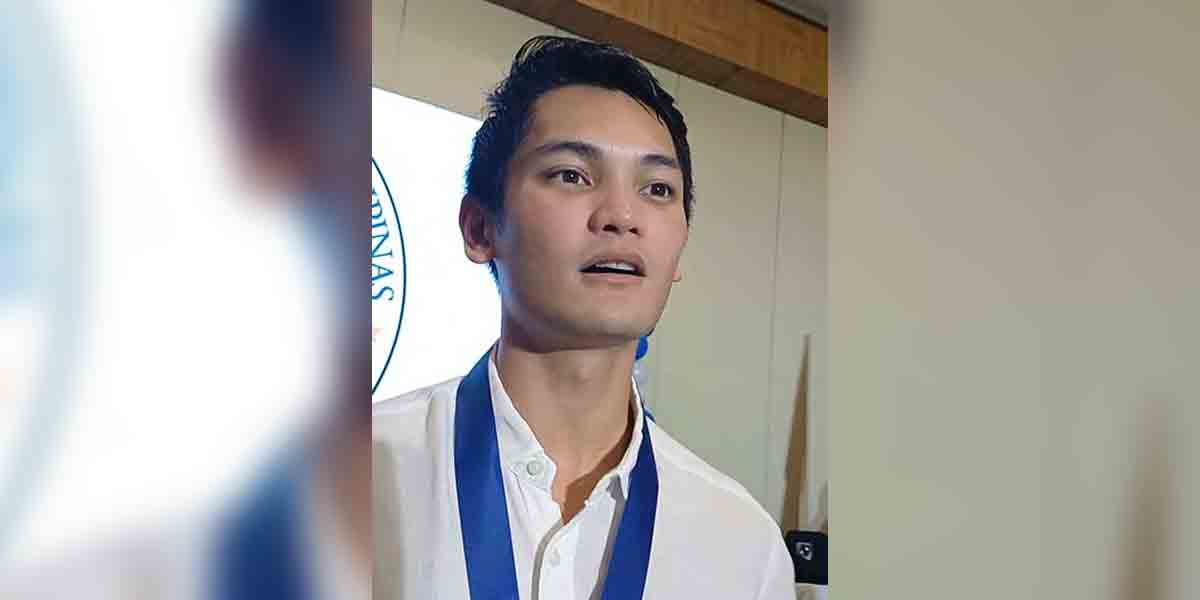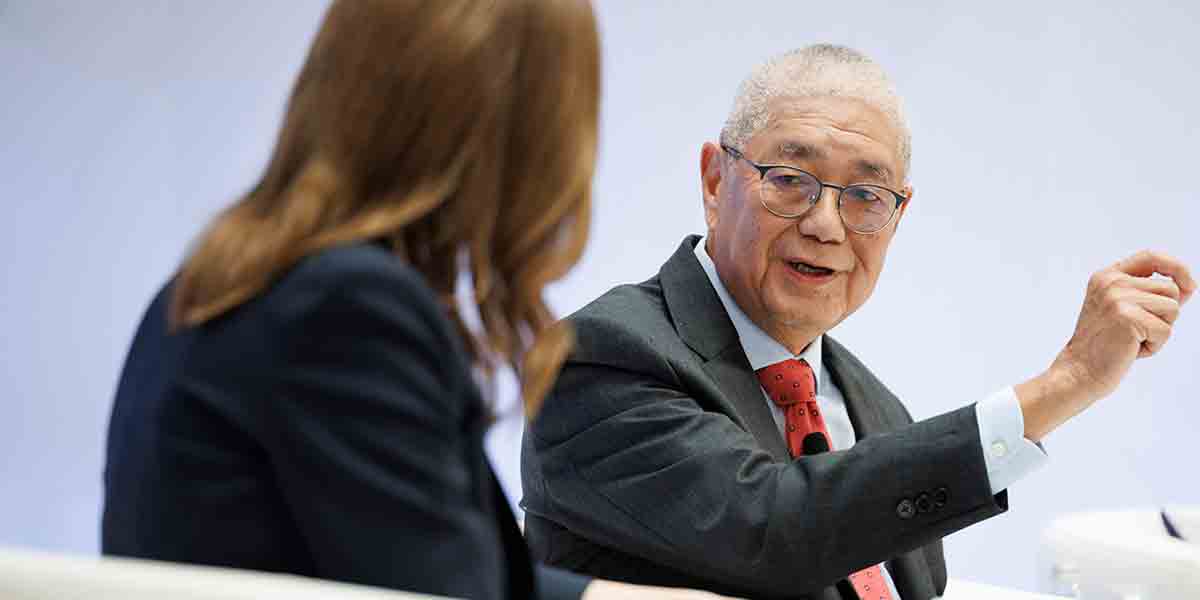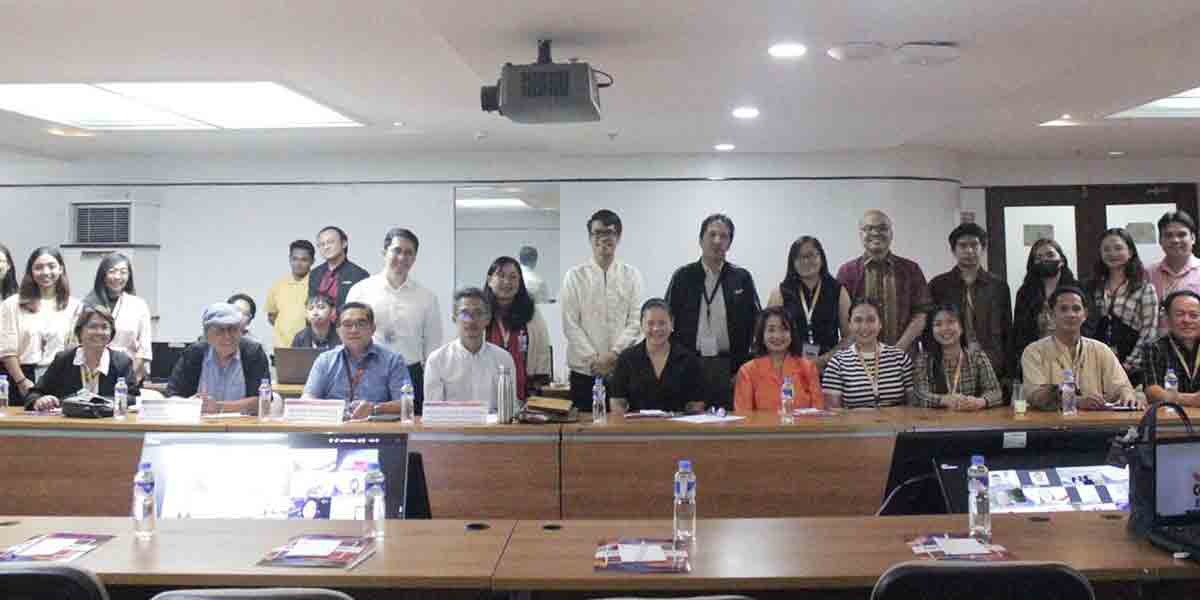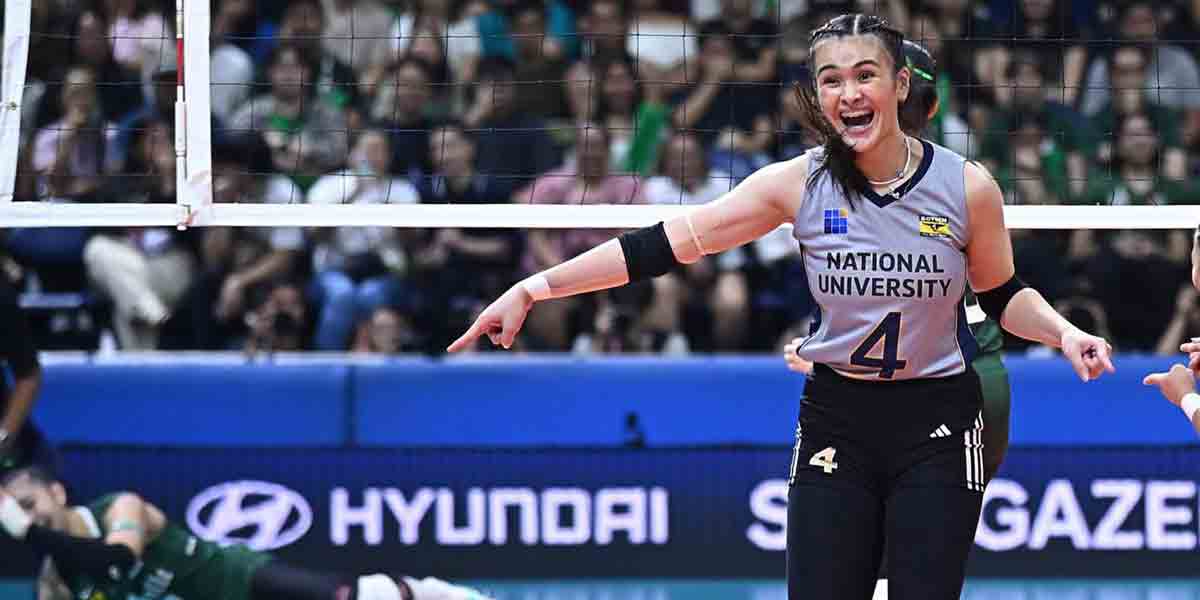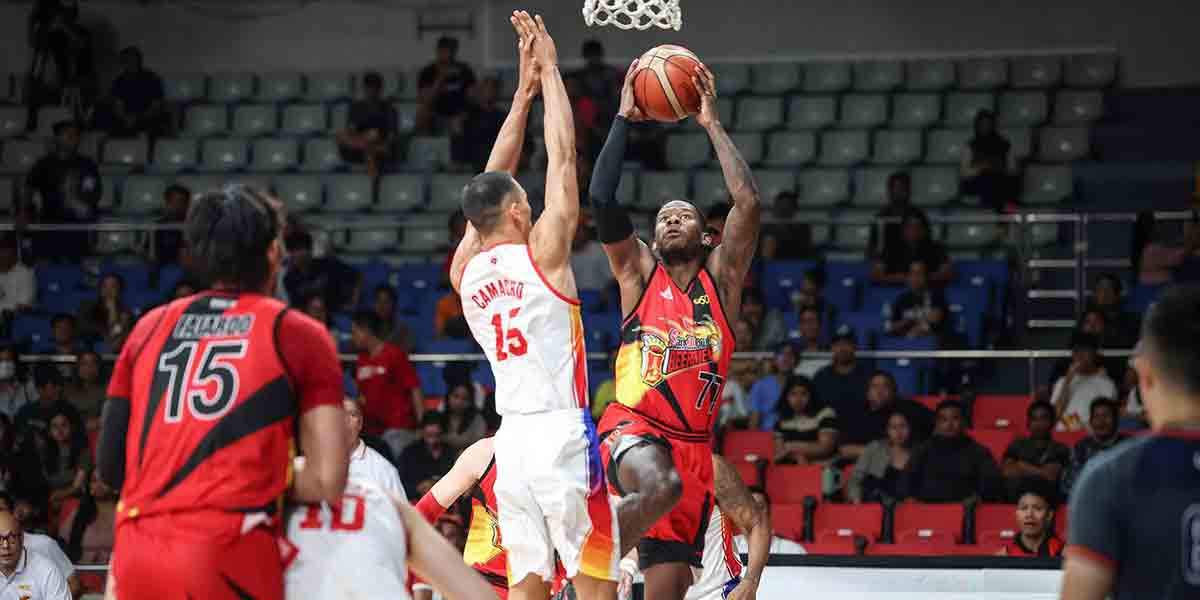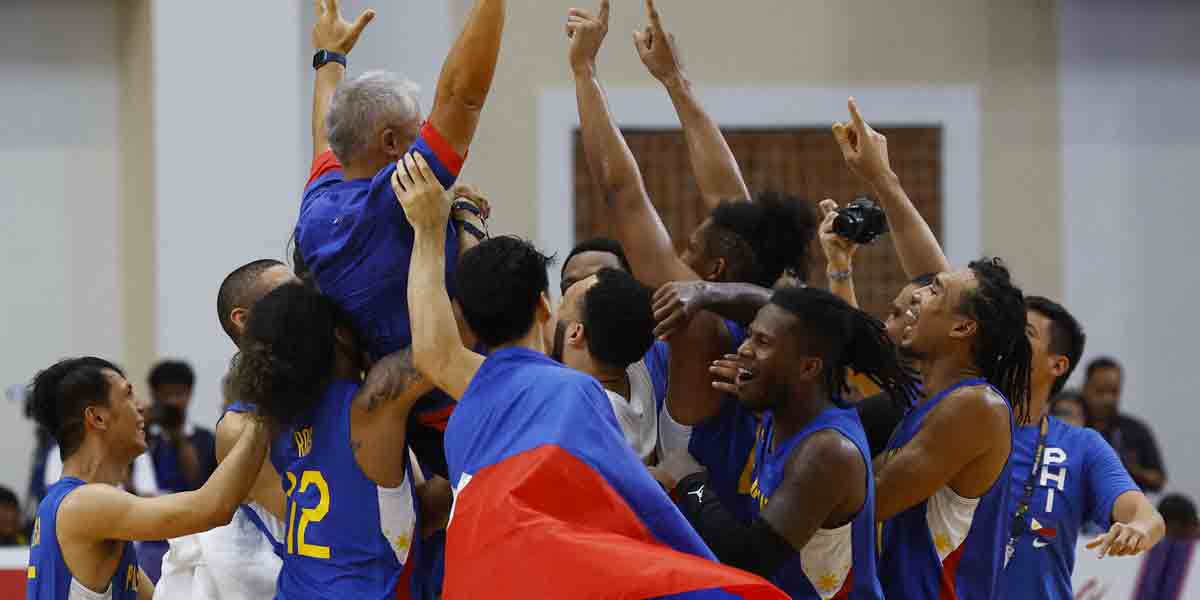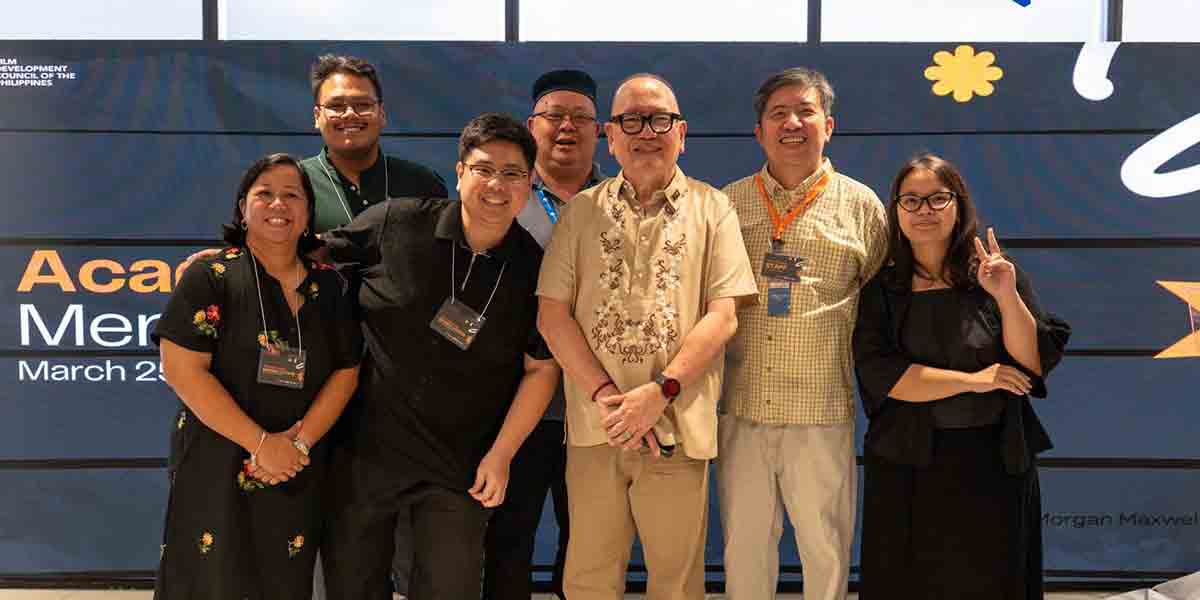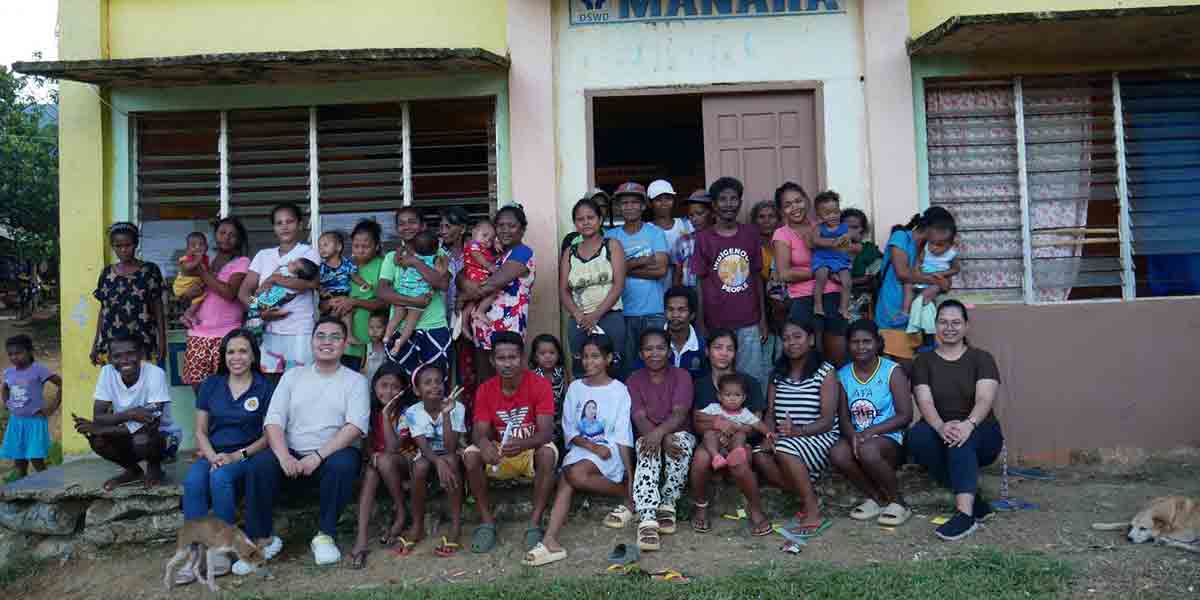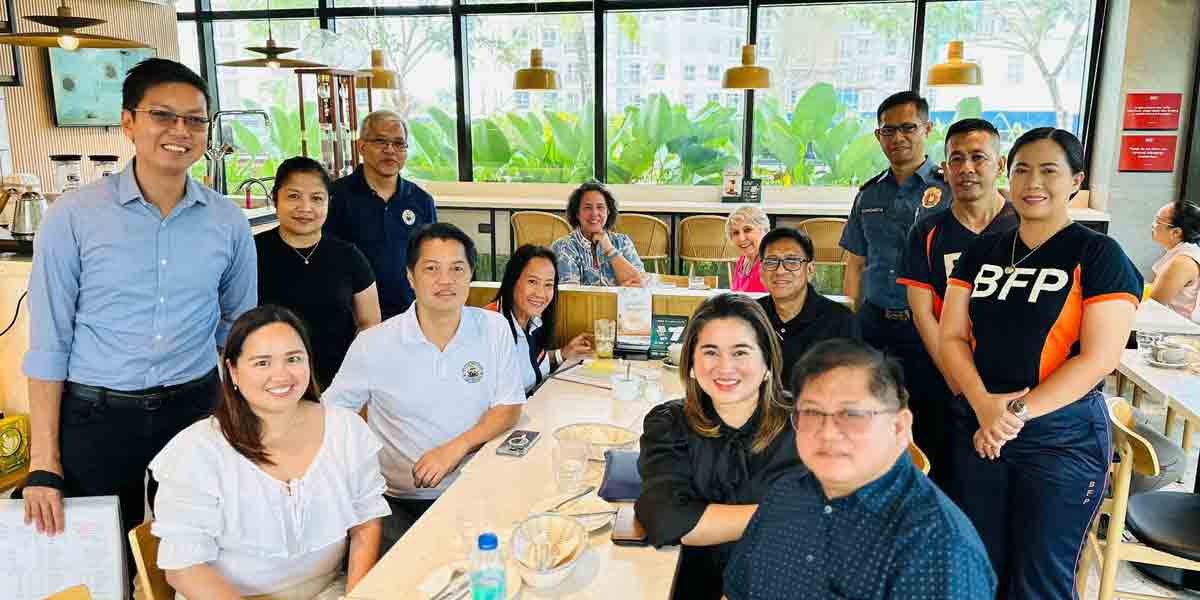The announcement that three members of the Duterte family are vying for Senate seats in the upcoming elections starkly exposes the systemic weaknesses of Philippine politics.
Former President Rodrigo Duterte and his sons Rep. Paolo Duterte and Davao City Mayor Sebastian Duterte are vying for Senate seats, highlighting the prevalence of political families in governance.
If successful, they will soon add to the familiar clans in the senate – Villars, Cayetanos, and Ejercitos/Estradas.
This development not only highlights the entrenched issue of political dynasties but also underscores the fragility of our political parties and the lack of genuine grassroots political development.
Despite constitutional provisions aiming to curb such dominance, dynastic politics remains a significant barrier to true democratic representation.
The presence of multiple Duterte family members vying for Senate seats is a testament to the failure of these provisions and highlights the urgent need for effective legislation to dismantle these political fiefdoms.
The Duterte family’s plan to dominate the Senate raises serious concerns about the concentration of political power. Political dynasties have long plagued the Philippines, undermining democratic principles, perpetuating inequality, and limiting opportunities for new leaders and ideas to emerge, thereby stifacing political innovation and diversity.
The presence of multiple Dutertes in the Senate could lead to an imbalance of power, where family loyalty supersedes public service, and policymaking becomes a familial affair rather than a democratic process
The Dutertes’ move also underscores the weakness of Philippine political parties. Our political landscape is characterized by party-switching and the absence of ideological coherence. Parties are often mere vehicles for political ambition rather than platforms for policy advocacy. This lack of strong party identity enables political families to consolidate power without substantial opposition.
The Duterte family’s bid for Senate seats is symptomatic of this weakness, revealing how personal influence often trumps institutional integrity.
Moreover, the Duterte family’s political strategy reflects the lack of genuine grassroots political development in the Philippines.
Effective governance should stem from a well-informed and active citizenry, yet political engagement at the grassroots level remains minimal. This disconnect allows political dynasties to maintain control, as they can manipulate local networks and resources to secure electoral success.
The focus on familial power hinders the development of new leaders who could bring fresh perspectives and solutions to national issues.
On the other hand, strengthening grassroots political movements is essential to ensure a more inclusive and representative political system.
In contrast to the political machinations of the Duterte family, former Senator Leila de Lima stands as a symbol of resistance against political oppression and injustice. Her legal battles and eventual acquittal from drug-related charges highlight the misuse of political power for personal vendettas. De Lima’s call for accountability for her unjust detention, particularly targeting former President Rodrigo Duterte and his allies, is a crucial step toward justice and restoring faith in the country’s judicial system.
Her willingness to assist the International Criminal Court in its investigation into the Duterte administration’s controversial drug war further emphasizes the need for international oversight in addressing human rights abuses.
The current political scenario, exemplified by the Duterte family’s Senate run, underscores the urgent need for comprehensive political reform in the Philippines. Addressing the dominance of political dynasties requires the establishment of stronger, ideologically coherent political parties and the promotion of grassroots political engagement. Only through these measures can we hope to cultivate a political environment where public service, rather than personal gain, is the primary motivation.
As we approach the next election cycle, it is imperative that we, as a nation, critically evaluate the candidates and their motivations. The future of Philippine democracy depends on our ability to break free from the shackles of political dynasties and to foster a more inclusive and accountable political system.

